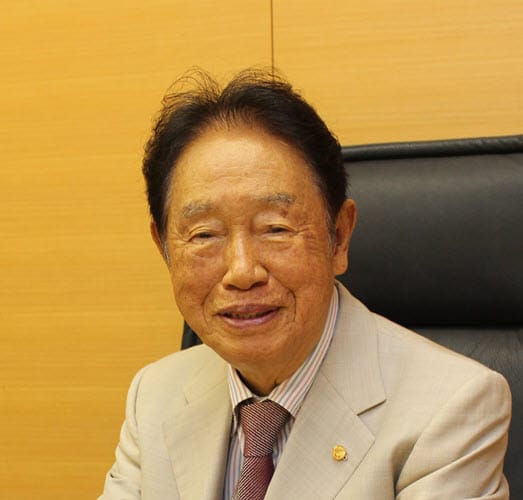Breaking Barriers in Quantum Physics: The Legacy of Leo Esaki

Leo Esaki is a Japanese physicist. He is best known for his invention of the tunnel diode, which is a semiconductor device that can amplify or switch electronic signals.
Life and Career
He was born on 12 March 1925, in Osaka, Japan. Esaki received his undergraduate degree in physics from the University of Tokyo in 1947 and later earned his Ph.D. in physics from the University of Tokyo in 1959.
Esaki has also made important contributions to the field of superconductivity, and he has been a strong advocate for science and technology education in Japan. In 1956, he became a chief physicist at Sony, where he did experiments that won him the Nobel Prize.
He worked in quantum mechanics at Sony and specialized in the phenomenon of tunneling, in which electrons can pass through barriers that classical mechanics says are impenetrable because of the wavelike nature of matter. His research involved adding impurities to solid-state semiconductors, or “doping” them. As a result of these experiments, he invented the double diode or Esaki diode. He also opened up new possibilities for solid-state developments that his prizes exploited separately.
Esaki won an IBM (International Business Machines) fellowship in 1960 to do further research in the United States, and he joined IBM’s Yorktown labs. Esaki later returned to Japan, where he retained his Japanese citizenship. In Japan, he served as the president of several institutions, like the University of Tsukuba (1992-98) and the Yokohama College of Pharmacy (2006- ).
Award and Legacy
In 1973, Esaki was awarded the Nobel Prize in Physics for his work on the discovery of the phenomenon of electron tunneling in solids, which led to the invention of the tunnel diode. Esaki shared the prize with Ivar Giaever and Brian Josephson. He has received other awards and honors for his work, including the Japan Prize in 1989 and the Order of Culture, Japan’s highest cultural honor, in 1998.
Observer Voice is the one stop site for National, International news, Editor’s Choice, Art/culture contents, Quotes and much more. We also cover historical contents. Historical contents includes World History, Indian History, and what happened today. The website also covers Entertainment across the India and World.

